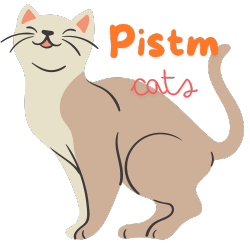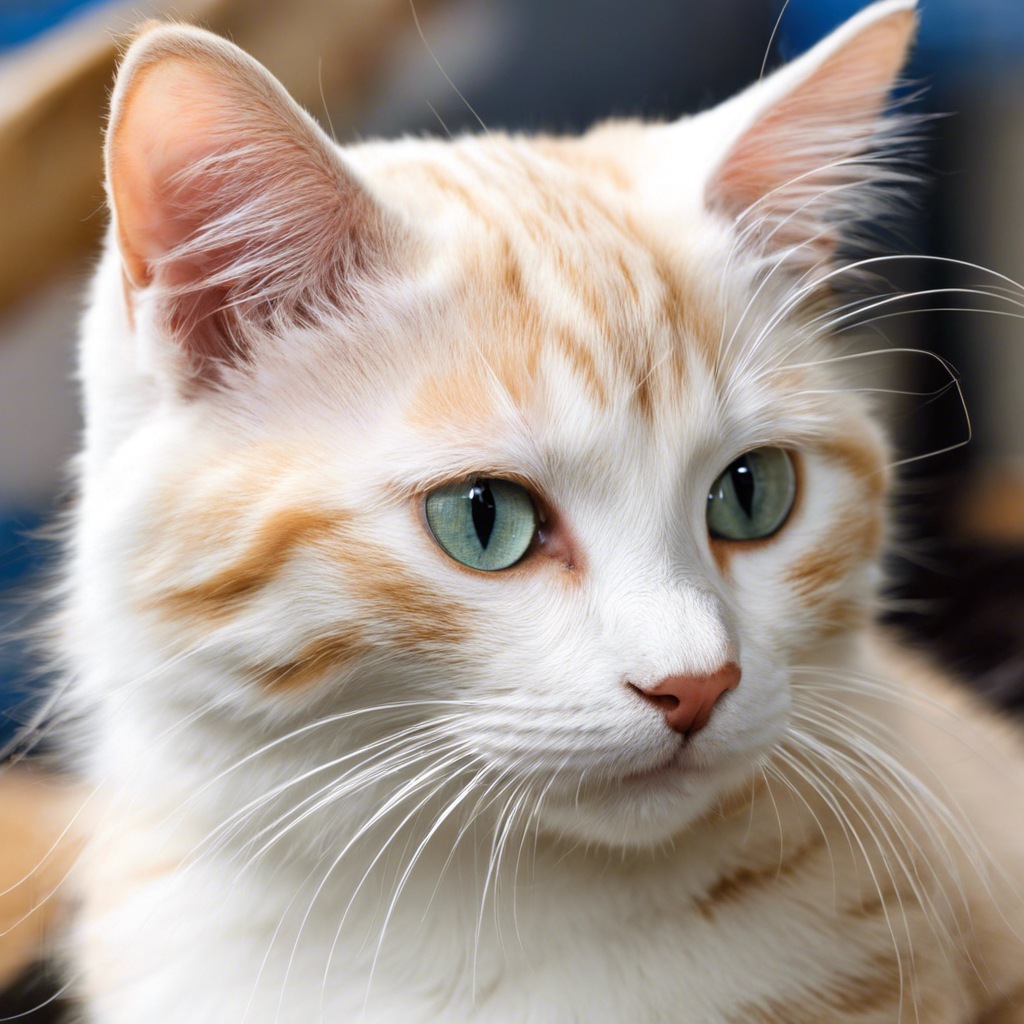The world of cat breeding is a fascinating and rewarding one, but it can also be challenging for newcomers to navigate. Aspiring cat breeders need to arm themselves with knowledge and resources to ensure the health and well-being of their furry friends and any future litters they may produce. So, where should aspiring cat breeders turn to for reliable information and guidance?
One excellent resource is the Cat Fanciers’ Association (CFA), the world’s largest registry of pedigreed cats. The CFA offers a wealth of information on its website, including breed standards, registration policies, and health programs. They also provide mentorship programs and seminars where breeders can connect with experienced mentors and learn from their peers. Another go-to source for comprehensive information on cat breeding is the International Cat Association (TICA). TICA is known for its focus on promoting the health and welfare of cats, and it offers a wide range of resources, including breed standards, genetic testing guidelines, and educational materials for both novice and experienced breeders. Their website also features a directory of registered breeders, providing an opportunity to connect and learn from fellow enthusiasts.
Local cat clubs and breed-specific organizations are also invaluable resources. These groups often hold meetings, shows, and workshops where breeders can network and gain hands-on experience. They provide a platform for breeders to showcase their cats, receive feedback from judges, and learn about the latest advancements and best practices in cat breeding. Additionally, online communities and forums dedicated to cat breeding can offer a wealth of information and support. Websites like Catster and TheCatSite provide forums where breeders can connect, share experiences, and seek advice from a global community of cat enthusiasts. These online platforms often feature breed-specific discussions, health and nutrition advice, and tips for managing catteries and planning breeding programs effectively.
Aspiring cat breeders should also familiarize themselves with reputable books and publications on the subject. “The Complete Cat Breed Book” by Dorinne Elliott and “The Cat Breeder’s Handbook” by Diana S. Brown are excellent resources, offering in-depth information on various breeds, genetics, and husbandry practices. Additionally, subscribing to reputable cat magazines and following industry blogs can provide breeders with up-to-date information and insights into the latest trends and developments in the world of cat breeding.
When it comes to cat breeding, there’s no substitute for hands-on experience under the guidance of an established breeder. Aspiring breeders should seek out opportunities to volunteer or intern with reputable breeders in their area, offering assistance with day-to-day tasks and learning the ins and outs of the trade. This practical exposure will provide invaluable insights that cannot be gained solely from books or online resources. Responsible cat breeding requires a commitment to continuous learning and improvement. By leveraging the resources offered by registered associations, local clubs, online communities, and experienced mentors, aspiring cat breeders can ensure they have the knowledge and skills necessary to contribute positively to the health, wellbeing, and advancement of their chosen breed.

